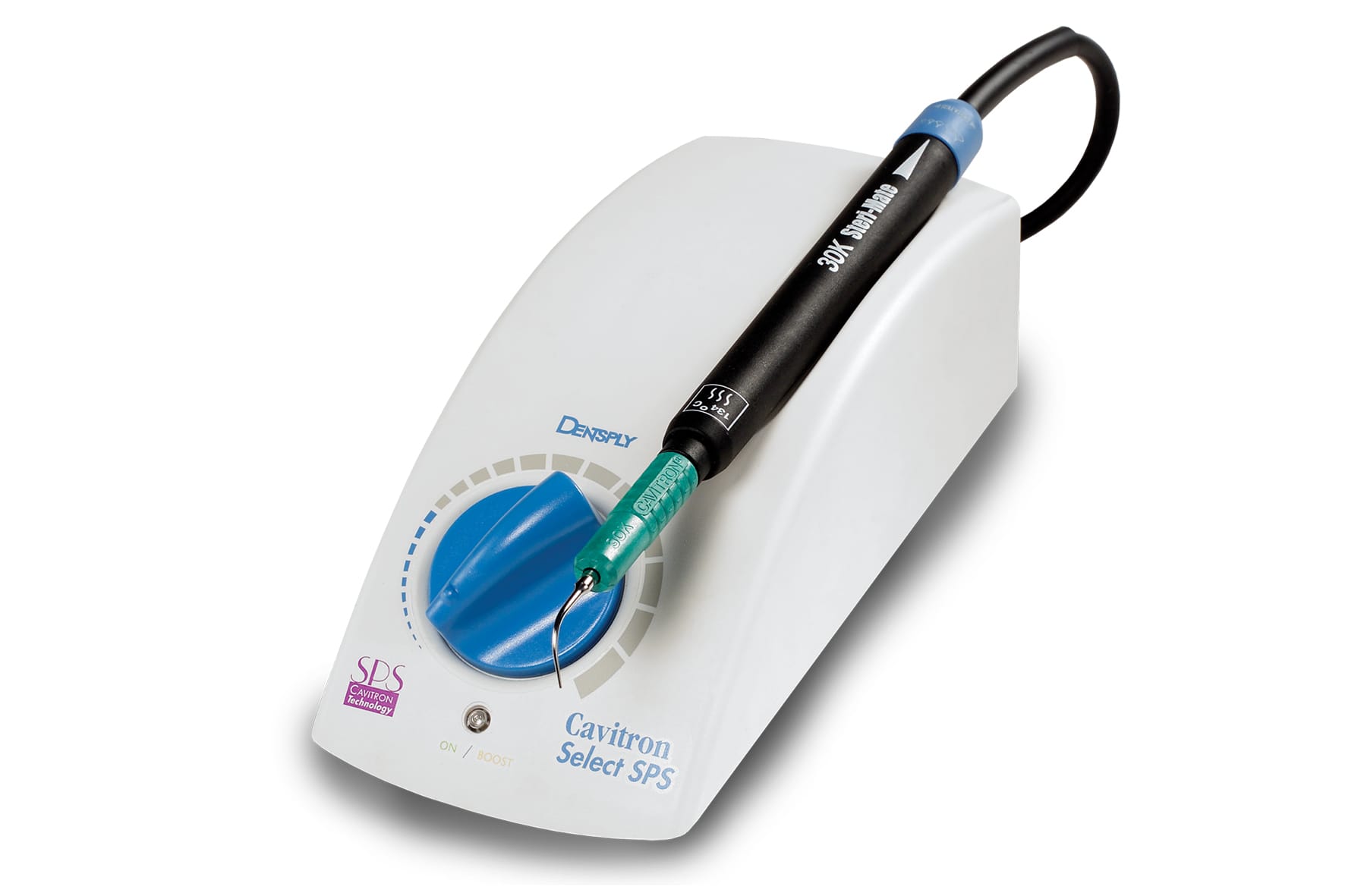Dental implants have become a cornerstone in restorative dentistry, providing a durable and aesthetically pleasing solution for individuals with missing teeth. However, like any surgical procedure, dental implants come with potential risks and side effects that patients should be aware of. This comprehensive guide aims to empower you with knowledge about the possible side effects associated with dental implants, enabling you to make informed decisions about your oral health.
Common Side Effects of Dental Implants
Understanding the common side effects of dental implants is crucial for ensuring a smooth recovery and successful treatment. Here are some of the most prevalent side effects:
Infection
Infection is one of the most frequent complications following dental implant surgery. Symptoms may include:
- Swelling
- Redness
- Pain
- Fever
Prevention Tips:
- Maintain excellent oral hygiene.
- Follow your dentist’s post-operative care instructions.
- Attend all follow-up appointments for monitoring.
For more information on infection management, visit the American Academy of Implant Dentistry.
Bleeding and Swelling
Mild bleeding and swelling are normal after surgery. However, excessive bleeding or prolonged swelling can indicate complications that require prompt attention.
Management Strategies:
- Apply cold compresses to reduce swelling.
- Avoid strenuous activities that may exacerbate bleeding.
- Contact your dentist if symptoms persist beyond a few days.
Nerve Damage
Though rare, nerve damage can occur during implant surgery, leading to numbness or altered sensations in the lips, chin, or tongue.
Risk Reduction:
- Choose an experienced dental professional.
- Undergo thorough imaging studies to assess nerve positioning before surgery.
For further insights on nerve-related issues, refer to the American Dental Association.
Sinus Issues
For implants placed in the upper jaw, sinus complications such as perforation or inflammation may arise, leading to symptoms like nasal congestion and headaches.
Preventive Measures:
- Ensure comprehensive pre-operative planning.
- Work with a qualified dentist familiar with upper jaw implant placements.
Implant Failure
Despite a high success rate for dental implants, failure can occur due to factors like poor bone quality or inadequate healing.
To Reduce Risk:
- Maintain proper oral hygiene.
- Manage underlying health conditions that could affect healing.
- Follow all post-operative care guidelines closely.
Long-Term Side Effects and Complications
In addition to immediate side effects, being aware of potential long-term implications is vital for maintaining your dental health.
Peri-Implantitis
Peri-implantitis resembles gum disease and involves inflammation of the tissues surrounding the implant. If untreated, it can lead to implant loosening or failure.
Prevention:
- Practice diligent oral hygiene.
- Schedule regular dental check-ups for early detection and management.
Bone Loss
Bone loss around the implant can occur over time, particularly if not properly maintained.
Management Tips:
- Avoid excessive biting forces by using protective devices if necessary.
- Keep up with routine dental visits for monitoring bone health.
Allergic Reactions
While rare, some individuals may experience allergic reactions to materials used in implants, such as titanium.
Risk Mitigation:
- Inform your dentist about any known allergies before the procedure.
- Consider hypoallergenic materials like zirconia if you have metal sensitivities.
For more details on hypoallergenic options, visit Zirconia Dental Implants.
Conclusion
Understanding the potential side effects and complications of dental implants is essential for making informed decisions about your oral health. While these implants offer a reliable solution for missing teeth, awareness of associated risks allows you to take proactive steps toward ensuring their success.
Key Takeaways:
- Infection: Proper oral hygiene and following post-operative instructions are essential to prevent infections.
- Bleeding and Swelling: Manage bleeding and swelling with cold compresses and by avoiding strenuous activities.
- Nerve Damage: Choose an experienced dental professional and undergo thorough pre-operative planning to minimize the risk of nerve damage.
- Sinus Issues: Proper planning and expertise are crucial for preventing sinus complications in upper jaw implants.
- Implant Failure: Maintain excellent oral hygiene, manage underlying medical conditions, and follow post-operative instructions to reduce the risk of implant failure.
By staying informed and proactive, you can enhance the success and longevity of your dental implants, leading to a healthier and more confident smile. Always consult your dental professional regarding any concerns or questions you may have about your treatment options. For more resources on dental health, visit WebMD Dental Health.
Are dental implants safe?
Yes, dental implants are generally safe but come with potential side effects like any surgical procedure.
Can dental implants cause oral cancer?
Current research indicates no direct link between dental implants and oral cancer.
What are the latest advancements in dental implant technology?
Innovations include new implant materials, antibacterial coatings, 3D printing, and digital planning tools.
What are the common side effects following dental implant surgery?
Common side effects include swelling of the gums and face, bruising of the skin and gums, pain at the implant site, and minor bleeding. These are typically temporary and resolve within a few days to weeks.
Can dental implants cause nerve damage?
Yes, dental implant surgery can potentially cause nerve damage, which may result in pain, numbness, or tingling in the natural teeth, gums, lips, or chin. Proper planning and imaging can minimize this risk.
Are there any risks of infection with dental implants?
How can dental implants affect my sinuses?
Dental implants in the upper jaw can protrude into the sinus cavities, leading to sinus problems. This risk can be managed with proper implant placement and, if necessary, sinus augmentation procedures.













